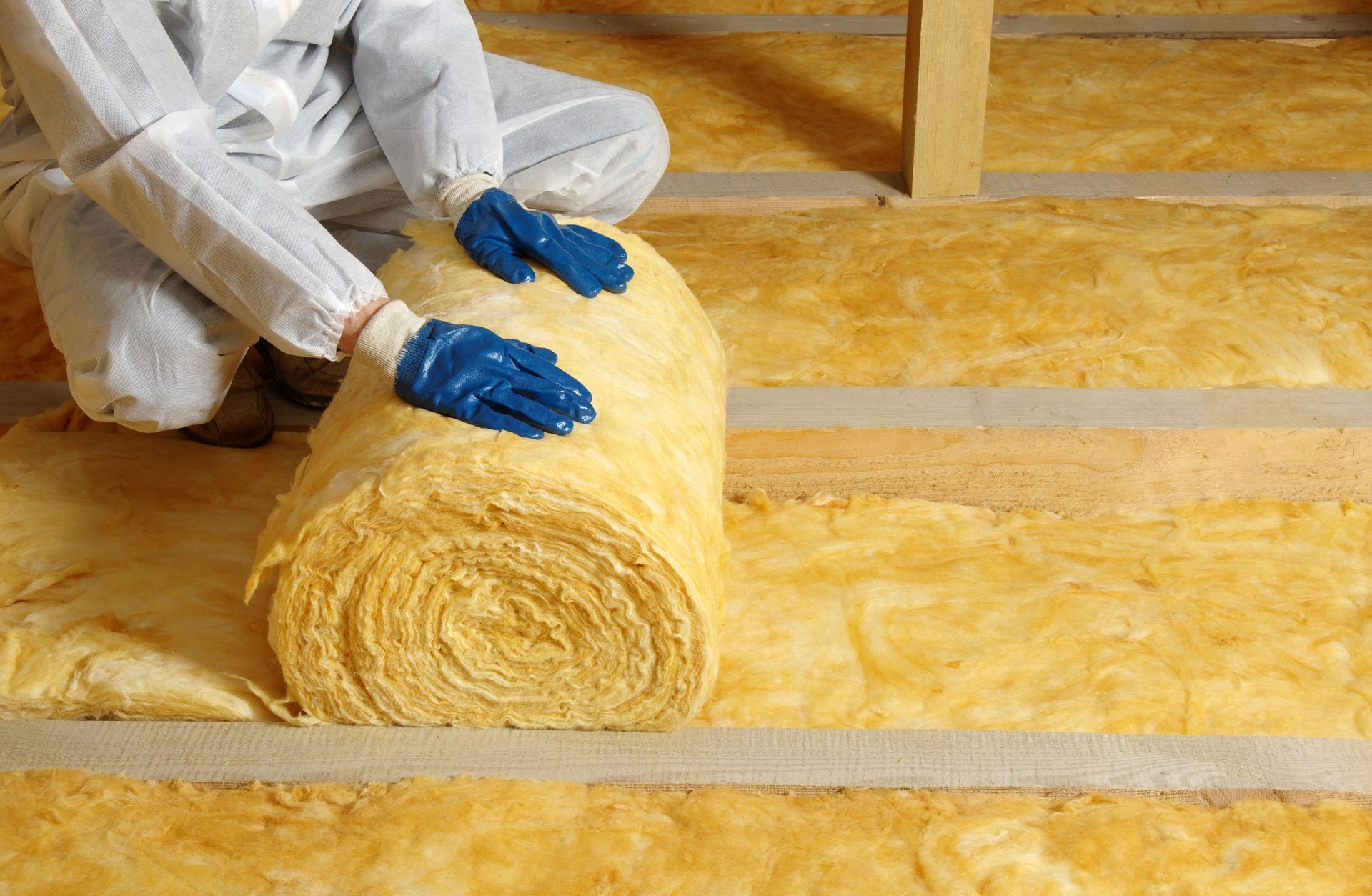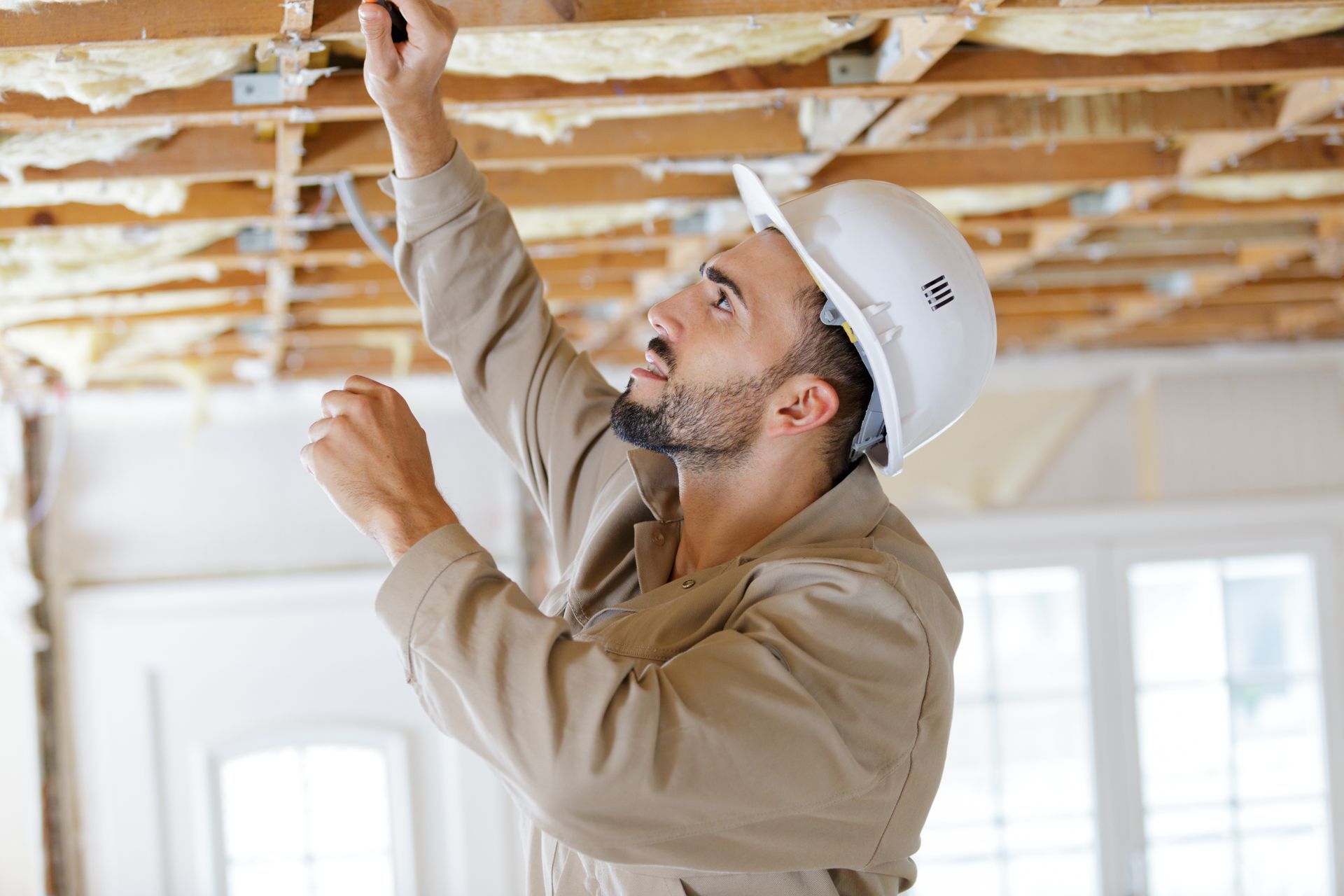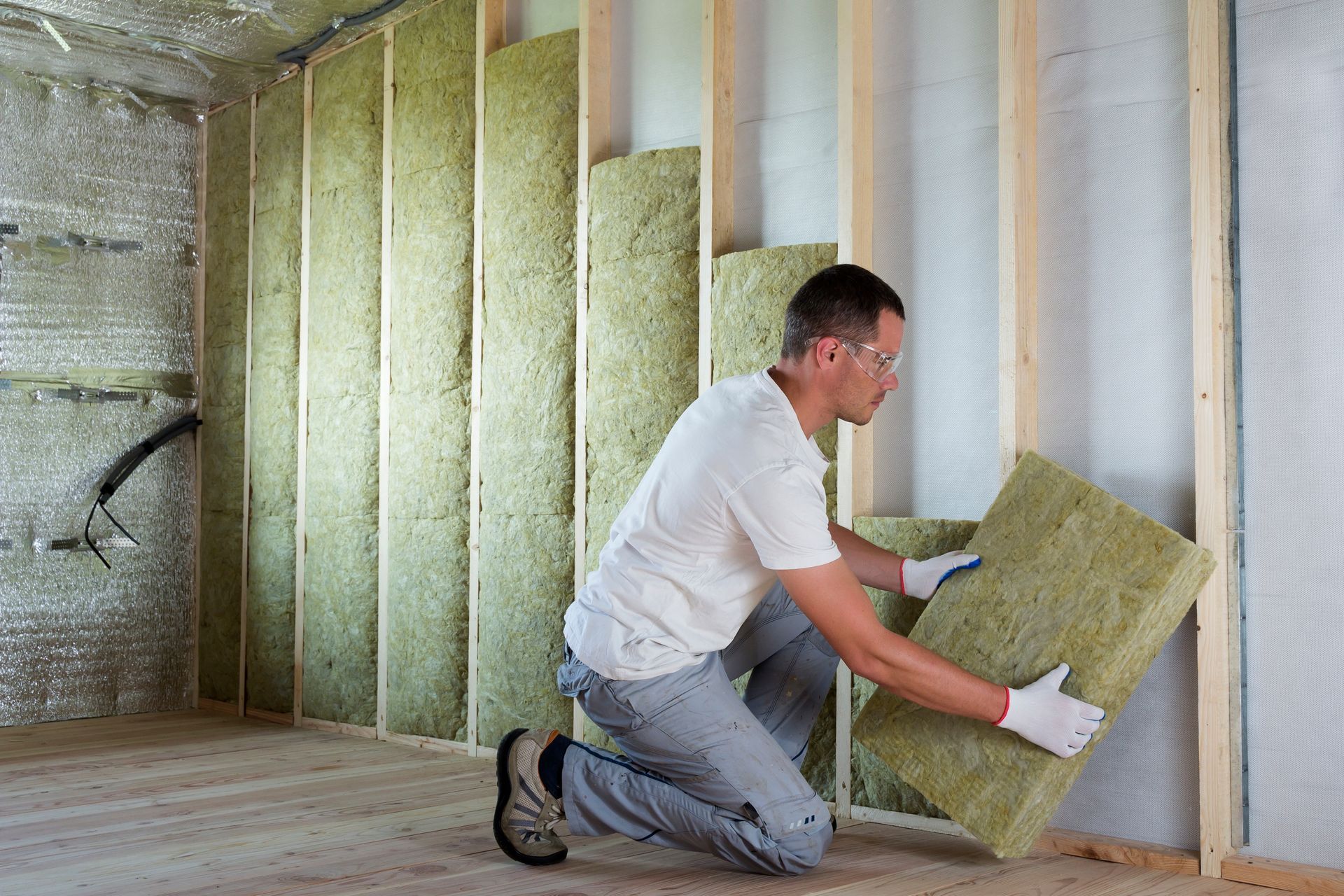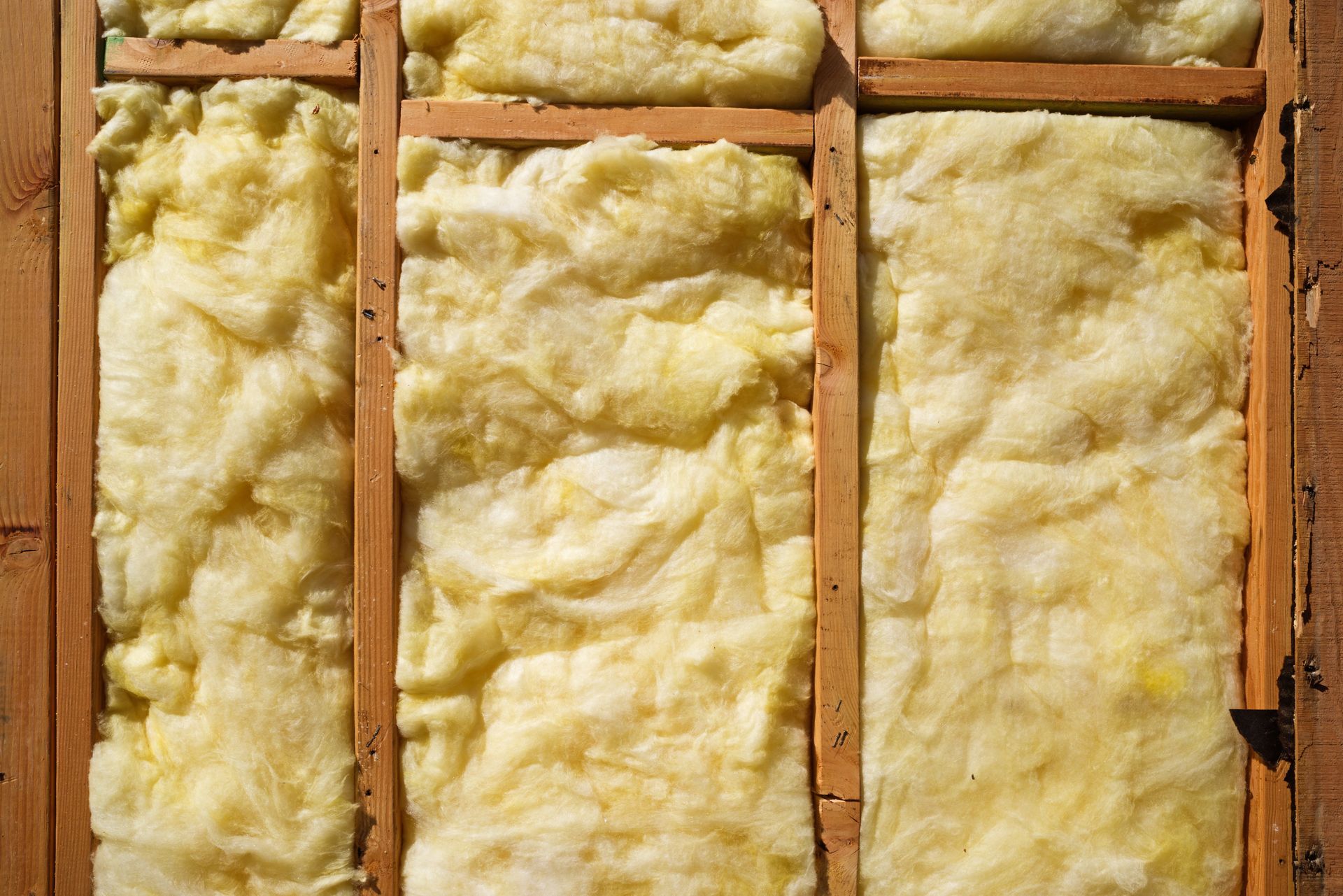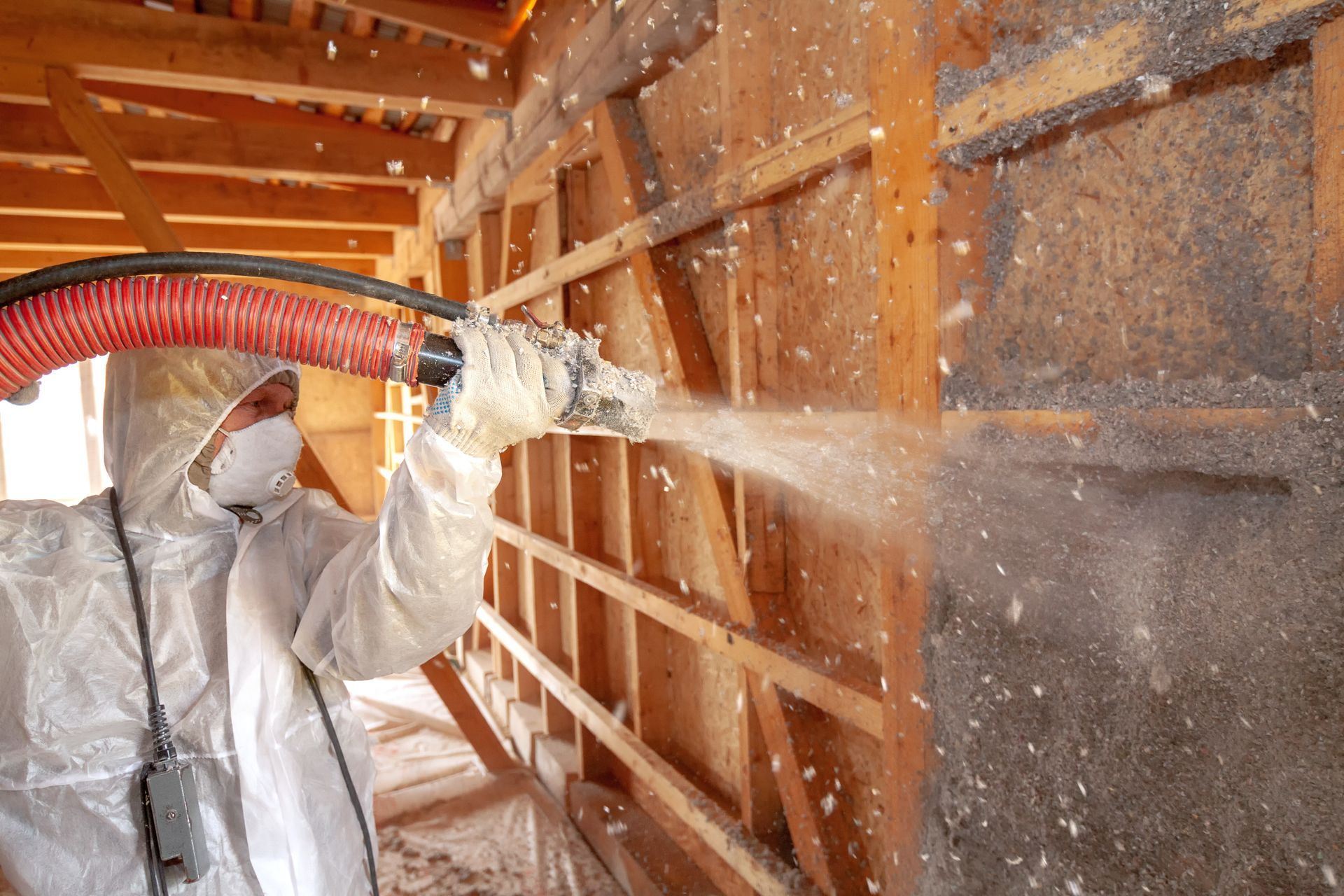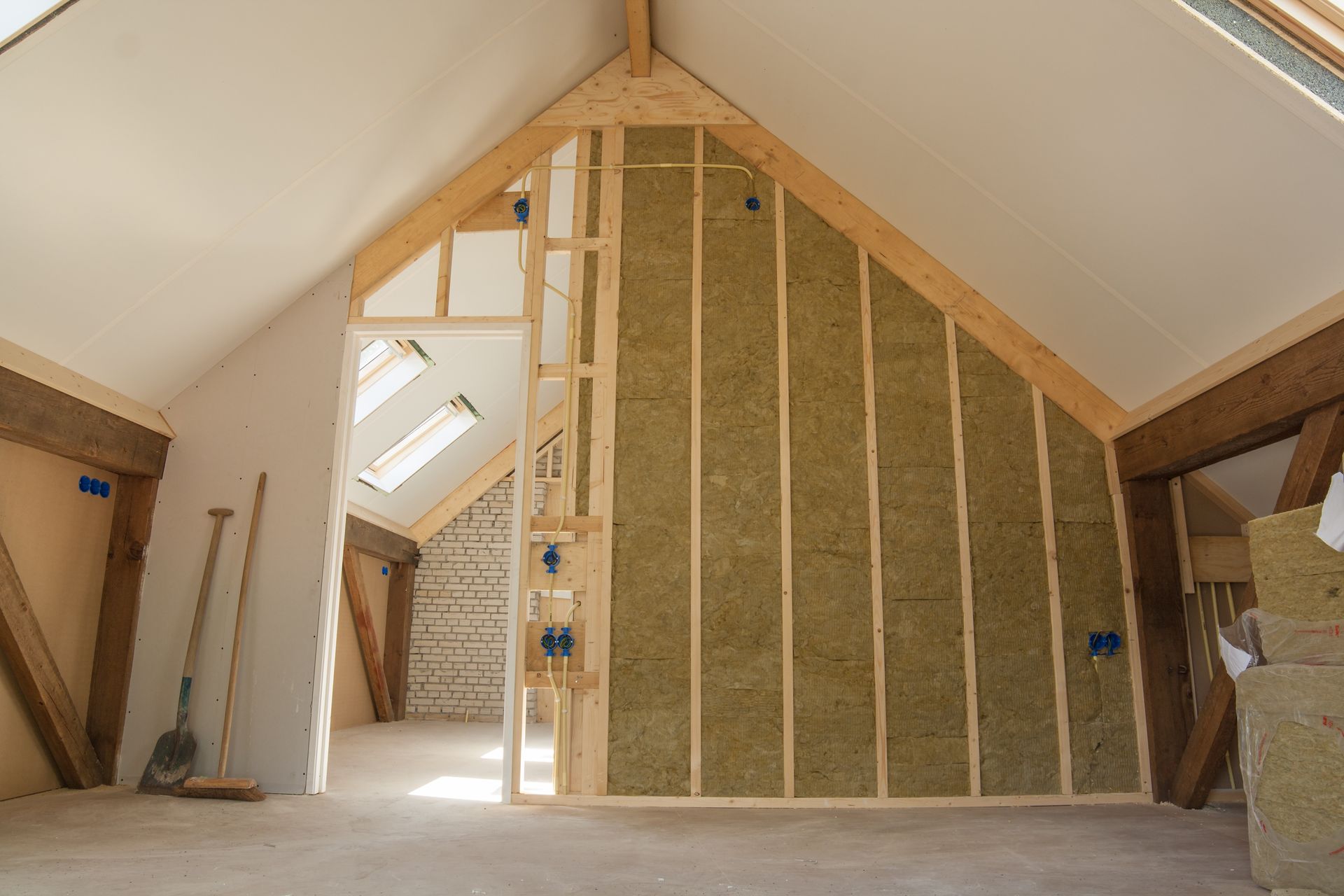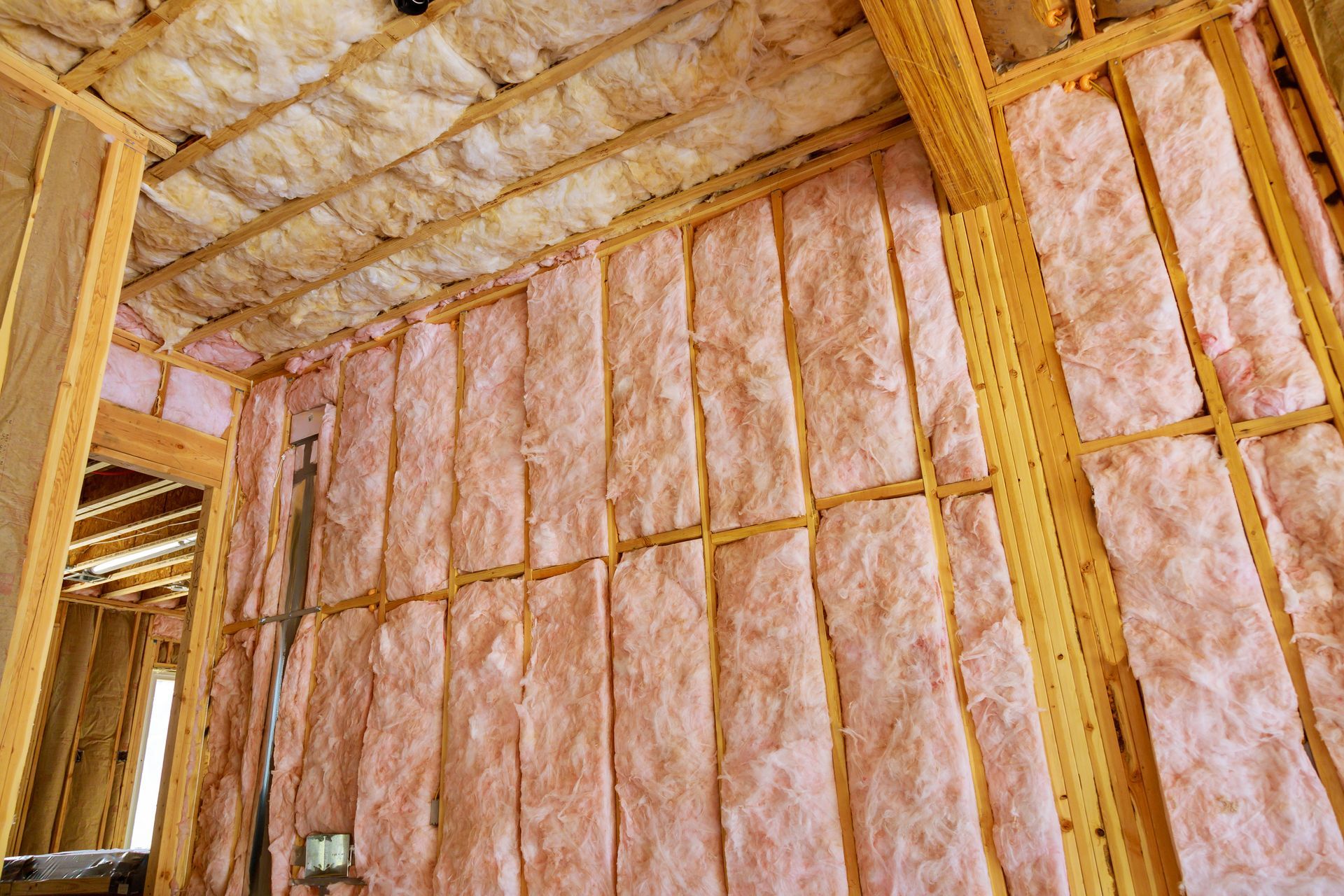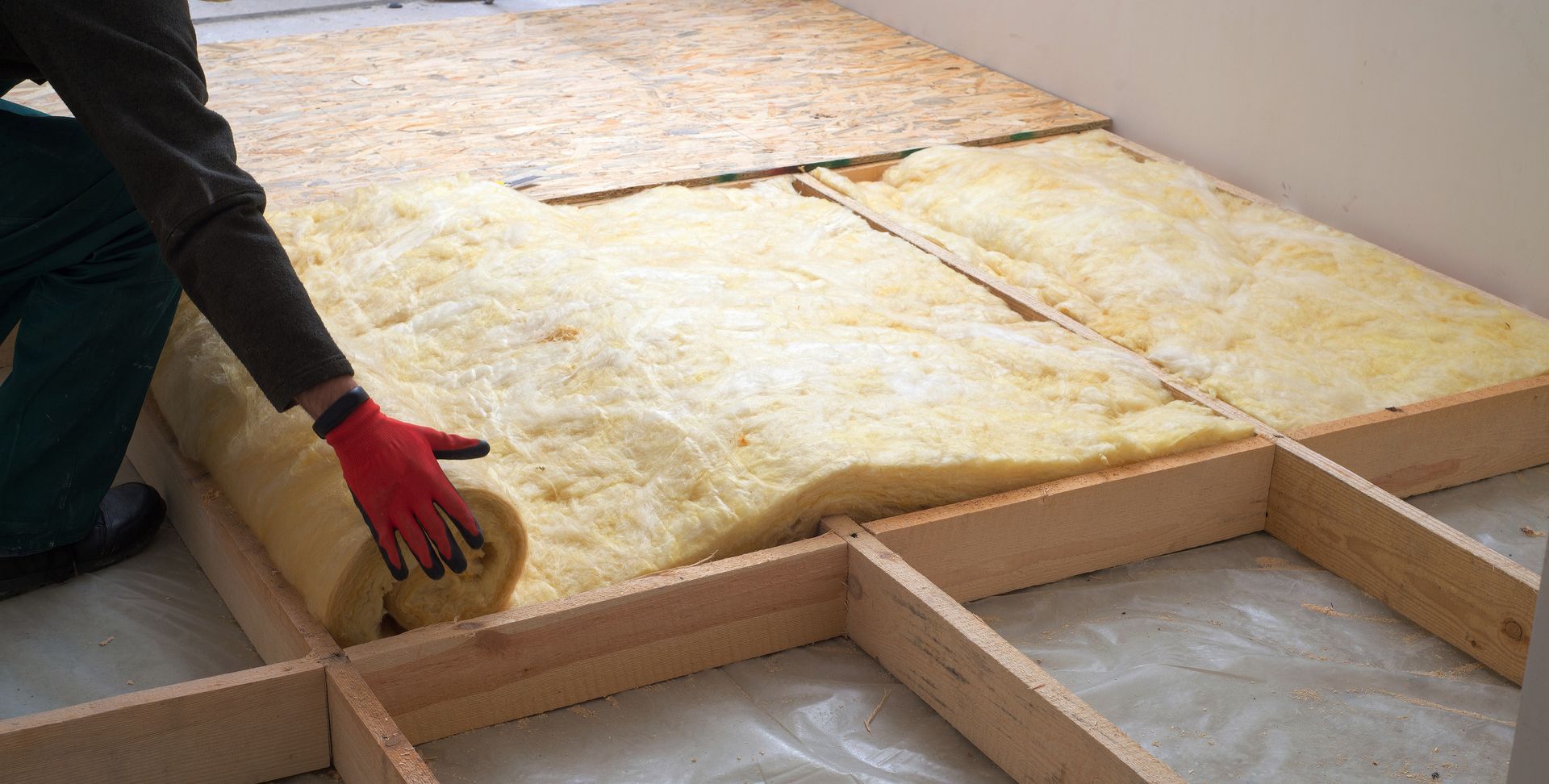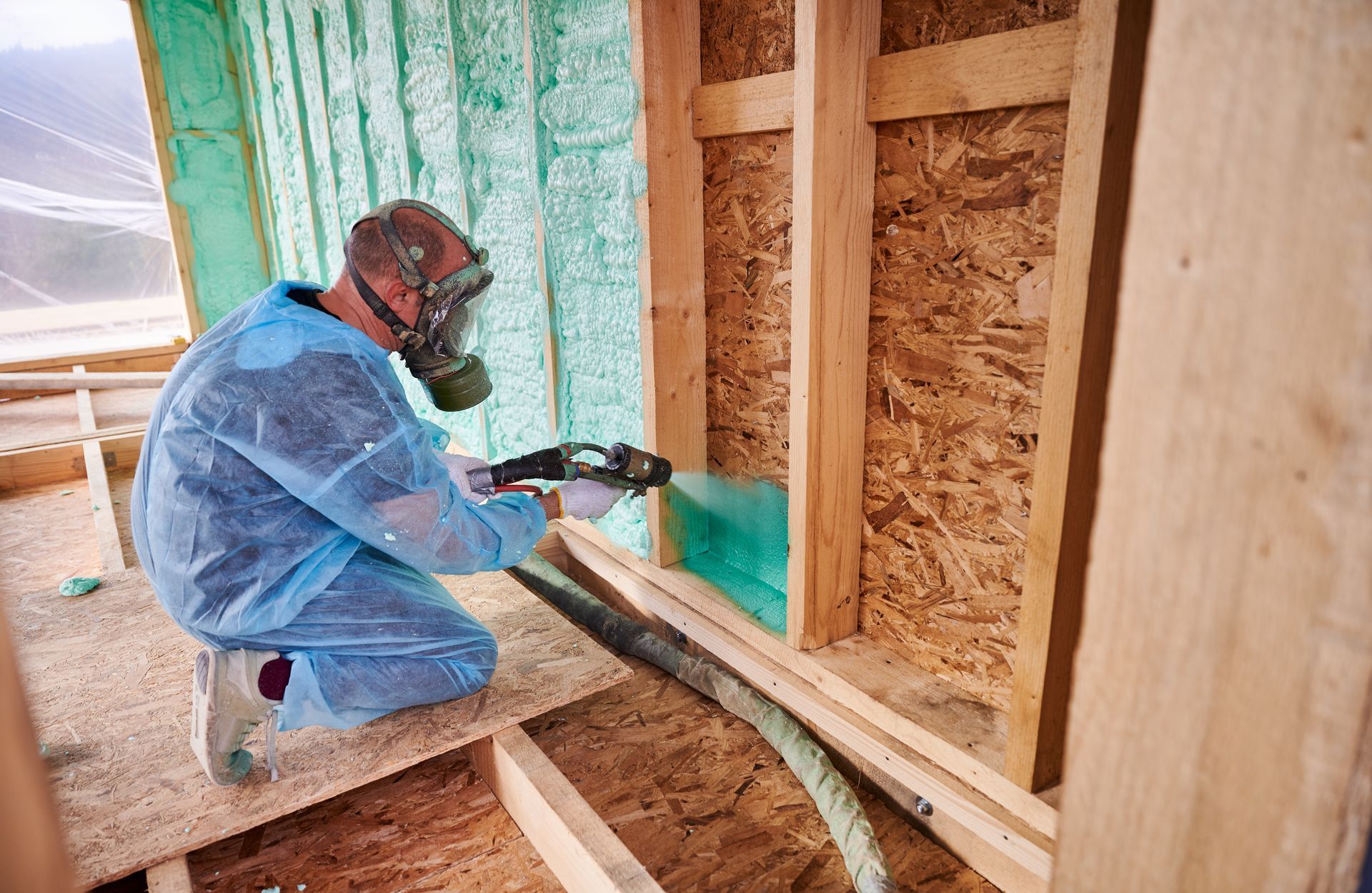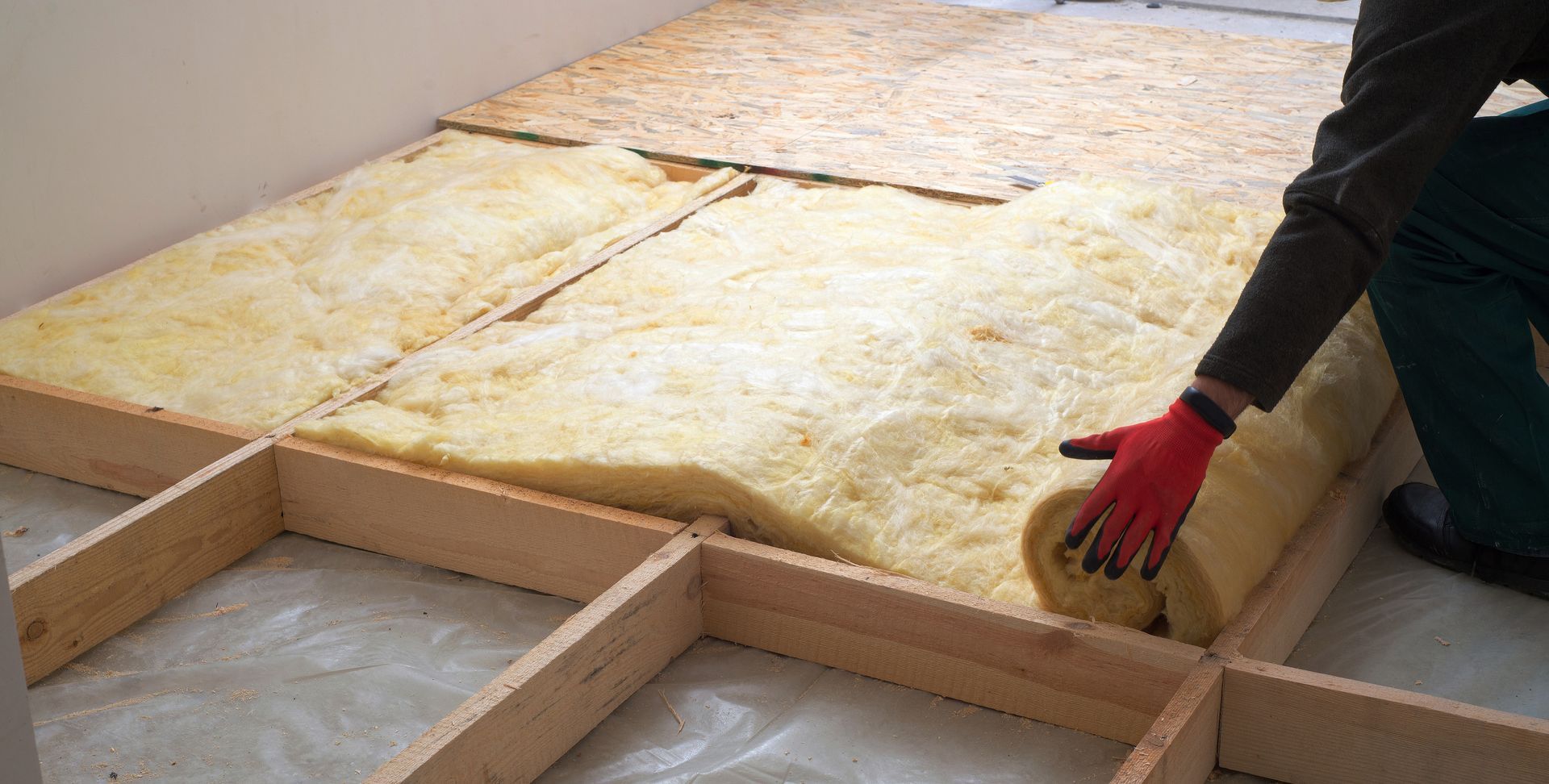Is Your Home Ready for Winter? Insulation Tips for Western Mass Residents
The Importance of Winter Preparation in Western Massachusetts
As winter approaches in Western Massachusetts, residents brace for the harsh realities of extreme cold, heavy snowfall, and biting winds, making effective insulation an essential component for both comfort and energy efficiency. Quality insulation plays a critical role in maintaining a warm, cozy home during these challenging months, significantly lowering heating bills by reducing the workload on your heating system. It effectively minimizes drafts and cold spots, ensuring consistent warmth throughout your space, while also enhancing indoor air quality by serving as a barrier against moisture and pollutants. Ultimately, investing in proper insulation not only creates a more comfortable living environment but also contributes to significant energy savings, allowing you to enjoy the beauty of winter without sacrificing your comfort.
Signs Your Home May Need Insulation Upgrades
If you’re noticing cold drafts and uneven temperatures in your home, it might be a sign that your insulation needs an upgrade. Common indicators of poor insulation include chilly spots near windows, doors, and walls, making it difficult to maintain a comfortable temperature. Additionally, if your energy bills have been creeping up, inadequate insulation could be to blame, as your heating system has to work harder to compensate for heat loss. Homes in Western Massachusetts, especially older ones, are often more susceptible to these issues, as they may lack modern insulation standards. If any of these signs sound familiar, it might be time to consider enhancing your insulation.
Key Areas to Insulate Before Winter Hits
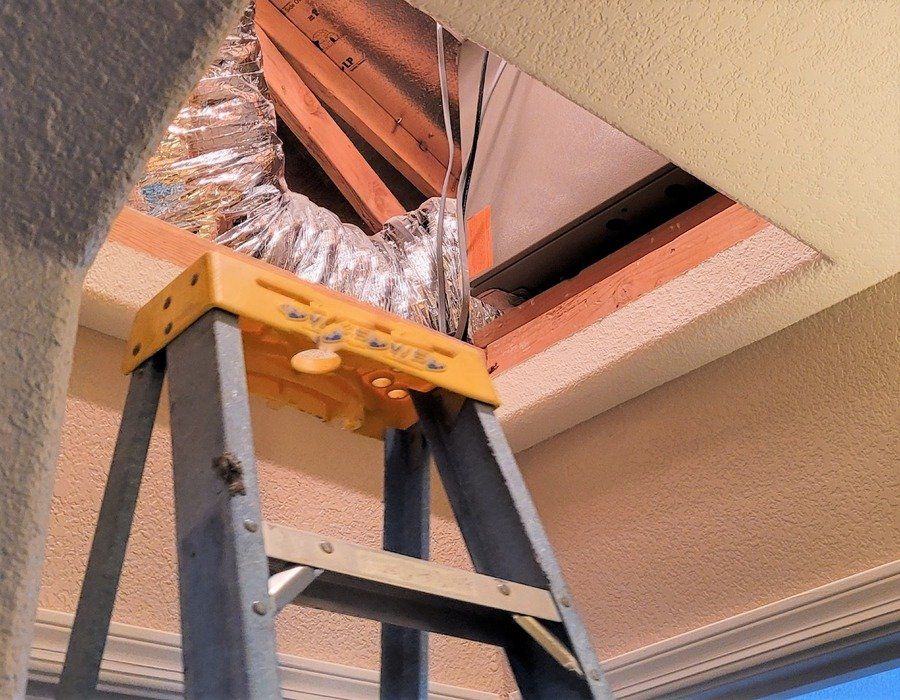
- Attic insulation is crucial because heat naturally rises, making the attic one of the main areas where warmth escapes during the winter months. Effective insulation types include blown-in insulation, spray foam, and fiberglass batts, each providing varying levels of energy efficiency and coverage. For cold climates like Western Massachusetts, it’s recommended to aim for an R-value of at least 38 to ensure optimal insulation performance. While some homeowners may choose to tackle attic insulation as a DIY project, it’s often best to hire a professional attic insulation company, especially if your attic has challenging access points, requires extensive work, or involves handling insulation materials safely and effectively.
- Wall insulation is essential because uninsulated walls can lead to significant heat loss, making it difficult to maintain a comfortable temperature in your home. Effective insulation options include spray foam, blown-in cellulose, and fiberglass, each with its benefits. Insulating from the inside can be less invasive and is often easier to accomplish, while exterior insulation can provide additional protection against moisture and temperature fluctuations, though it may require more extensive work. Signs of poor wall insulation include consistently cold walls, high energy bills, and rooms that struggle to warm up, indicating that it’s time to evaluate and upgrade your wall insulation for better energy efficiency and comfort.
- Insulating basements and crawl spaces is crucial as it prevents cold air from infiltrating your home, reduces moisture levels, and helps stabilize floor temperatures, creating a more comfortable living environment. Recommended insulation types for these below-grade areas include rigid foam boards, spray foam, and fiberglass, each offering unique advantages. Proper insulation not only enhances energy efficiency but also plays a vital role in moisture management, preventing the buildup of dampness that can lead to mold growth. For those considering a DIY approach, a straightforward method is to install foam board insulation along the walls of your crawl space, providing an effective barrier against cold and moisture.
Additional Insulation Tips for Winterizing Your Home
- Weatherstripping and Sealing Gaps: Sealing small gaps around doors, windows, and other openings is crucial for reducing drafts in your home. This simple step can help keep the cold air out and maintain a comfortable indoor temperature, ultimately lowering your heating costs during the winter months.
- Pipe Insulation: Insulating pipes in colder areas of your house is essential to prevent them from freezing during harsh winter temperatures. Proper pipe insulation protects your plumbing system and can save you from costly repairs that result from burst pipes.
- Upgrading or Adding Storm Windows: Adding or upgrading storm windows is an effective way to enhance your home’s insulation. Storm windows create an additional layer of protection against the cold, significantly reducing heat loss through the glass and helping to keep your home warmer.
- Checking and Upgrading HVAC Duct Insulation: Insulating your HVAC ducts, especially those located in unheated spaces like basements or attics, is important for preventing heat loss in your heating system. Properly insulated ducts ensure that warm air reaches every room efficiently, improving your overall heating performance and comfort.
Choosing the Right Insulation for Your Home’s Needs
- Review of Insulation Options: When choosing insulation for your home, there are several effective options available. Blown-in insulation is great for attics and hard-to-reach spaces, while fiberglass offers a cost-effective solution for walls and ceilings. Spray foam provides an airtight seal that helps prevent air leaks, and rigid board insulation is ideal for basements and exterior walls, offering excellent thermal resistance.
- Local Climate Considerations: In Western Massachusetts, where winters can be particularly cold and snowy, it’s important to select insulation that can withstand these harsh conditions. Look for materials that provide superior thermal performance to help keep your home warm and energy-efficient throughout the winter months.
- R-Value Recommendations for the Region: To maximize energy efficiency, it’s crucial to choose insulation with the appropriate R-values for different areas of your home. For attics, aim for an R-value of 38 or higher; for walls, an R-value between 13 and 21 is recommended; and for basements, an R-value of at least 10 to 15 is ideal. These recommendations help ensure your home is well-insulated against the cold temperatures typical of Western Massachusetts winters.
Professional vs. DIY Insulation: When to Call in Experts
- DIY Projects: Some insulation tasks are perfect for DIY enthusiasts, such as weatherstripping around doors and windows or insulating exposed pipes. These small jobs are manageable for homeowners and can significantly improve your home's energy efficiency without the need for professional help.
- Professional Jobs: Larger insulation projects, such as insulating attics, walls, and basements, often require specialized knowledge and skills. These jobs can be more complex, involving safety considerations and proper installation techniques, making it wise to call in experts for the best results.
- Cost-Benefit Analysis: While hiring professionals for insulation work may seem like a higher upfront cost, it can lead to significant long-term savings. Properly installed insulation enhances energy efficiency, reduces heating bills, and minimizes the risk of future repairs, ultimately providing a solid return on your investment over time.
Winter Comfort Starts with Proper Insulation
Proper insulation is essential for comfort and energy efficiency before winter hits in Western Massachusetts. Effective insulation not only reduces heating costs and drafts but also enhances your living environment, allowing you to enjoy the season worry-free. If you haven't recently evaluated your home's insulation, now is the ideal time to do so. Consider an insulation check-up or consult a local professional to optimize your home's insulation. These steps will ensure you remain warm and cozy throughout the winter! Call an expert Insulation Contractor at (413) 732-3922 or request an estimate online!
